Donald Trump was typically blunt when he first warned in December there would be “all hell to pay” in the Middle East if Israeli hostages held in Gaza were not freed before his inauguration.
The US president-elect’s belligerent tone had the desired effect, adding momentum to long-stalled talks and culminating with Israel and Hamas agreeing on Wednesday to a ceasefire deal halting the devastating 15-month war in Gaza and freeing the 98 remaining captives held in the strip.
With Steve Witkoff, Trump’s New York real estate pal turned Middle East envoy, playing a central role as he shuttled between Qatar — which hosted the negotiations — and Israel, mediators have finally secured the deal that long eluded the Biden administration.
That should mean Gazans, who have endured immeasurable suffering through the deadliest war in their history, will at last have some respite from Israeli bombs and bullets, and can tentatively start to think about rebuilding.
Relatives of the remaining Israeli hostages held since Hamas’s October 7, 2023 attack that killed 1,200 people, according to Israeli officials, will begin to hope their nightmare is over. The captives, who have suffered a hellish existence trapped in Hamas’s tunnel network, will be released if the deal holds.
The key question is whether it can endure. Will this be a temporary pause, or lead to the permanent ceasefire that mediators, Palestinians and the wider region desperately want?

Trump has already claimed the win in helping secure an agreement where President Joe Biden failed. But the durability of the truce mediated by the US, Qatar and Egypt could depend on his willingness to keep using the US’s political muscle, including to ensure that Israeli Prime Minister Benjamin Netanyahu’s far-right government sees the deal through.
Trump’s incoming administration is packed with staunch pro-Israeli figures, and during his first term he showed little empathy or patience for Palestinians as he implemented a series of pro-Israel measures that upended decades of US policy. But the hope is that Trump will now look to own the deal, and ensure its success.
However, there will be the risk of spoilers on all sides, including from Hamas, whose military capacity has been severely debilitated, but not eradicated.
The ceasefire deal is based on a three-phase proposal that Biden first endorsed in May. It will start with an initial 42-day truce, during which 33 hostages — including women, the elderly, and wounded — will be released in return for an agreed number of Palestinian prisoners. Israeli troops are supposed to redeploy away from urban centres, and allow aid to surge into the strip, which is stalked by famine and disease.

More challenging is the second phase, which aims to lead to a permanent ceasefire, the release of the remaining hostages — including Israeli soldiers — and the full withdrawal of Israeli troops.
In this stage, the finer details of which still have to be negotiated, Netanyahu’s commitment will be fully tested.
He has repeatedly ruled out agreeing to permanently end the war or pulling his forces out of Gaza. Hamas, meanwhile, has demanded that high-category prisoners, including those with life sentences for murder and terrorism, be released in exchange for soldiers held hostage — a bitter pill for Israelis to swallow.
Netanyahu already faces resistance from far-right allies and ministers Itamar Ben-Gvir and Bezalel Smotrich. Smotrich has described the deal as “surrender”; Ben-Gvir this week called on the former to join forces with him in resigning from the government.
While the veteran prime minister’s ruling coalition was bolstered by the addition of another right-wing party in September, Ben-Gvir and Smotrich’s departure would nonetheless leave him with a minority government. That could force Netanyahu into early elections, bringing the political reckoning at the ballot box he has sought to avoid.
There is still no clarity on the crucial issue of who will run the strip. Neither Israel, the US nor Arab states want Hamas — which has ruled Gaza since 2007 — to regain control, but Netanyahu has not presented a viable plan for the “day after” the war. He has rebuffed US and Arab pressure to work with the Palestinian Authority, which controls limited parts of the occupied West Bank.
He rages against any moves towards a Palestinian state, which experts say is the only long-term solution.
The Biden administration has for months been talking to Arab partners about the possible formation of an international security force that would work alongside an interim PA-backed, Palestinian administration — including Gazans — to deal with civilian affairs.
But the US would not put boots on the ground and it is unclear who else — if anyone — would, given the risks of being sucked into an insurgency and being seen as doing Israel’s bidding. It is not clear whether Trump will propose his own plan, or even whether he has given any thought to the future of Gaza beyond his inauguration day.
Yet Gazans’ needs could not be more urgent. Israel’s offensive has killed more than 46,000 people, according to Palestinian officials, including both civilians and combatants. Entire families have been wiped out, and a generation of children orphaned and scarred for life.
Schools, hospitals, houses, offices and businesses have been destroyed. The vast majority of Gaza’s 2.3mn population have been forced from their homes. Many do not know what they will find when they return.
Trump is likely to focus on pushing for a grand bargain that leads to Saudi Arabia normalising relations with Israel. But Riyadh insists that this could only happen if Israel took irreversible steps towards a Palestinian state.
With Netanyahu and his far-right allies in power, Israel is more likely to want to annex the West Bank or increase hostilities with Iran than make concessions to the Palestinians.
Halting the war took almost a year of negotiations. But compared with the Herculean task of rebuilding Gaza, not to mention the long-elusive goal of a sustainable peace in the region, it may prove to have been the easy part.



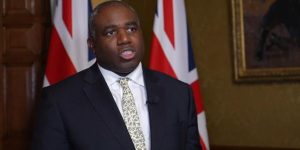









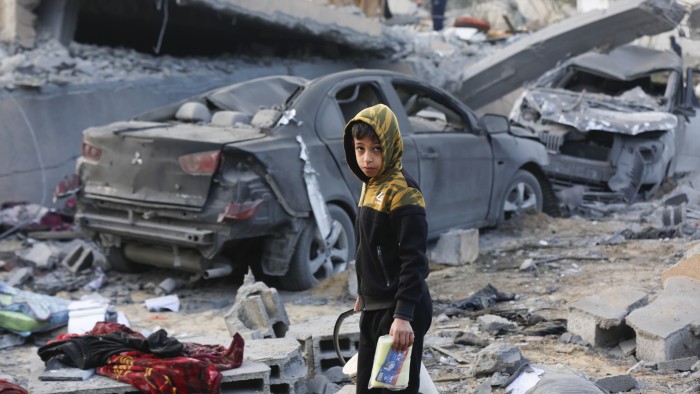

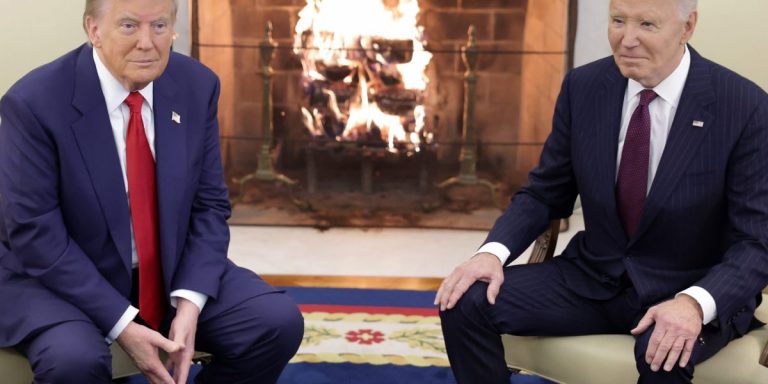
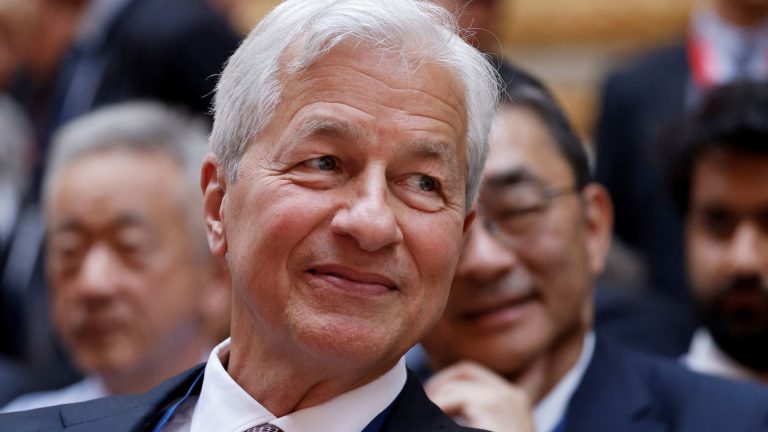


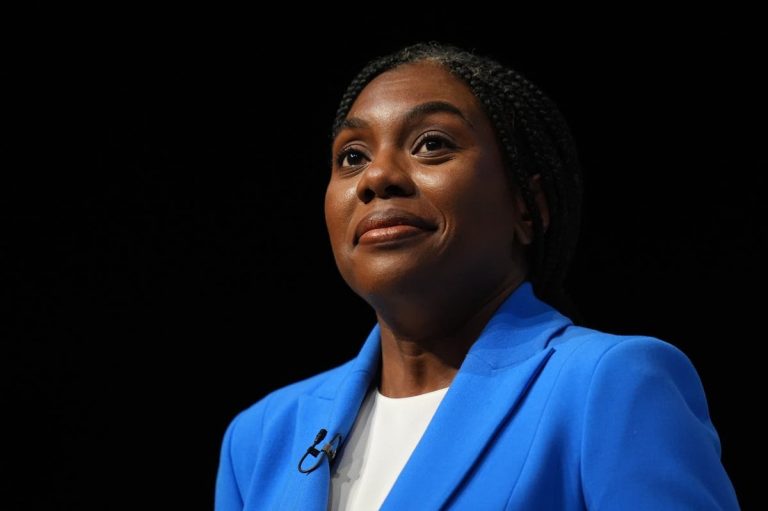


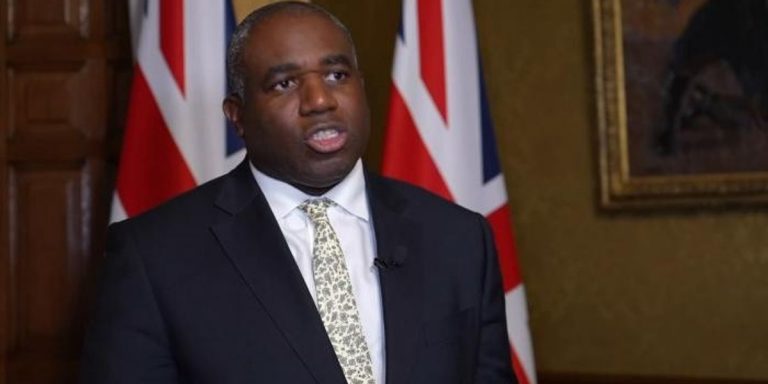



+ There are no comments
Add yours